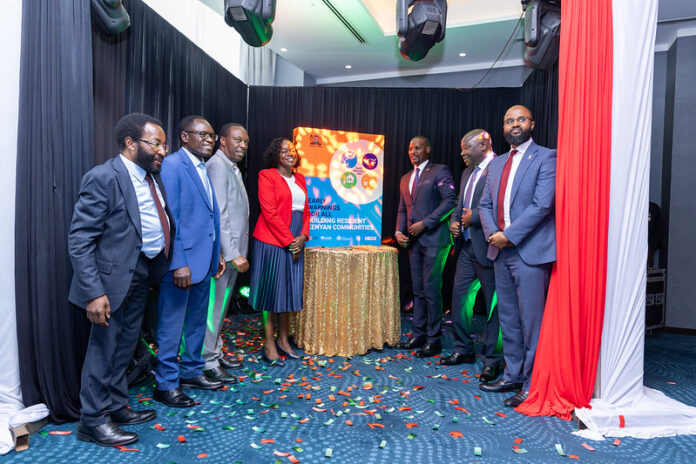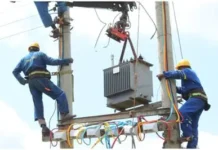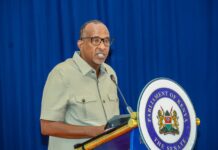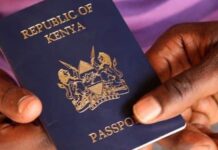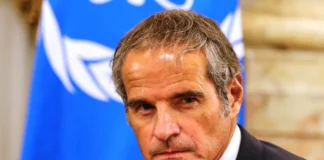Kenya has officially launched the Early Warnings for All (EW4All) initiative, marking a crucial step toward safeguarding its people and development from the devastating impact of climate-related disasters.
The national launch, held in Nairobi, comes ahead of a three-day workshop (21–23 May) that aims to tailor the global United Nations-led EW4All framework to Kenya’s unique risk landscape.
Stakeholders, including government agencies, climate experts, and international partners, are convening to chart an implementation roadmap for comprehensive multi-hazard early warning systems (MHEWS).
The urgency of the initiative is underscored by Kenya’s increasing exposure to disasters, especially droughts and floods.
The March–May 2024 floods alone affected 410,000 people, claimed 315 lives, and caused an estimated KSh187 billion (USD 1.5 billion) in damages—most severe in the Arid and Semi-Arid Lands (ASALs).
At the launch, Environment Cabinet Secretary Dr. Deborah Barassa stressed the initiative’s life-saving mission: “Every Kenyan deserves access to warning information before disaster strikes. Let us unite to build a resilient nation for generations to come.”
She also announced that 5% of the national Disaster Risk Management budget will be dedicated to upgrading early warning systems across key institutions.
Kenya has already made strides, including the Kenya Anticipatory Action Roadmap 2024–2029, and plays a continental leadership role.
President William Ruto, who was named WMO Champion for EW4All in Africa during the 2023 Africa Climate Summit, continues to spearhead the initiative regionally.
UN Resident Coordinator Dr. Stephen Jackson reaffirmed the UN’s commitment, noting that the roadmap will “guide national and local investments and embed early warning into all layers of disaster response.”
With EW4All, Kenya aims to shift from reactive response to proactive, anticipatory action, ensuring no Kenyan is left behind when disaster strikes.









